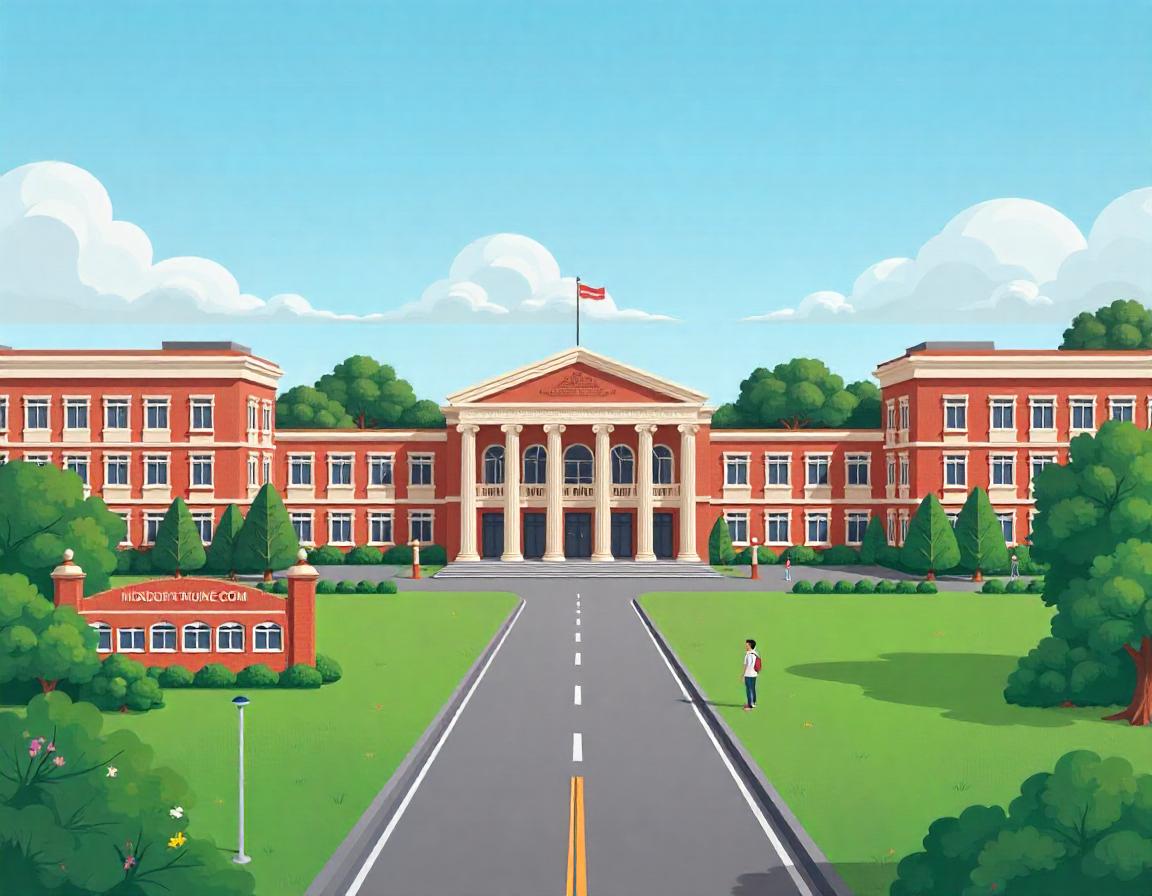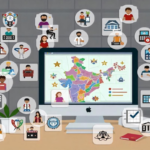The Importance of Soft Skills in Engineering Education and Career Development in India

Engineering education in India primarily focuses on developing technical skills and knowledge, such as mathematics, physics, computer science, and engineering design. However, in today’s globalized and rapidly evolving job market, possessing strong soft skills has become equally important. Soft skills such as communication, teamwork, problem-solving, and leadership are crucial for students to thrive in their education and future careers. This article explores the growing importance of soft skills in engineering education and how they contribute to career success in India.
1. What Are Soft Skills?
Soft skills refer to a range of non-technical skills that relate to how individuals interact with others, approach problems, and manage their personal and professional growth. Unlike hard skills, which are specific to particular fields (e.g., coding for software engineers or circuit design for electrical engineers), soft skills are more universal and essential for overall career development.
Some key soft skills for engineering students include:
- Communication skills (written and verbal)
- Teamwork and collaboration
- Leadership skills
- Problem-solving and critical thinking
- Adaptability and time management
- Conflict resolution and negotiation
- Emotional intelligence
2. Why Soft Skills Matter for Engineering Students
a) Enhancing Academic Performance
Soft skills are not only important for career growth but also for success during one’s engineering education. Communication skills are vital when it comes to presenting projects, working in teams, or even discussing complex concepts with professors and peers. Critical thinking and problem-solving help students approach difficult assignments and exams in a logical and structured manner.
Being adaptable also helps students stay focused during their studies, especially when dealing with the dynamic and ever-changing nature of engineering fields.
b) Improving Employability
The engineering job market in India is extremely competitive, and employers are increasingly looking for candidates who possess both technical and soft skills. In interviews and assessments, employers evaluate not only a candidate’s technical competence but also their ability to work effectively within teams, communicate clearly, and manage tasks efficiently.
For instance, in a project-based environment, engineers need to collaborate with others, make decisions, and communicate findings to both technical and non-technical stakeholders. These tasks require strong interpersonal skills, leadership qualities, and the ability to manage time and conflicts effectively.
c) Facilitating Career Progression
Once engineers enter the workforce, soft skills continue to play a pivotal role in their career progression. Engineers with strong soft skills are better equipped to lead projects, manage teams, and communicate with clients and colleagues across different levels of an organization. This often results in quicker promotions and the ability to take on higher responsibility roles such as project manager, team lead, or department head.
For instance, while technical skills may get a foot in the door, it is the ability to lead teams, resolve conflicts, and work collaboratively that helps engineers move into senior management positions.
3. Soft Skills and Industry Requirements in India
In India, industries such as IT, manufacturing, construction, and infrastructure are increasingly focused on holistic development for their workforce. Companies now recognize that effective communication, teamwork, and leadership are critical for success in a globalized and competitive environment.
- Information Technology (IT) Sector: In IT, engineers often need to communicate with clients, understand their needs, and collaborate with cross-functional teams. Engineers must also work under pressure to meet deadlines and manage time effectively.
- Manufacturing and Construction: These industries require engineers to manage projects, interact with clients and contractors, and lead teams to meet production and delivery goals. Problem-solving and conflict resolution are essential when dealing with challenges on the ground.
- Research and Development: Engineers working in R&D must collaborate with researchers, share ideas, and communicate their findings clearly in both written and spoken formats. Innovation and adaptability are key to success in this field.
4. Developing Soft Skills in Engineering Education
While soft skills are essential, they are often not given enough emphasis in traditional engineering curricula. Many institutions have recognized this gap and are increasingly integrating soft skills training into their programs.
a) Communication and Presentation Skills
Engineering students are often required to present their projects or research findings in front of peers and professors. Developing strong presentation skills can make these experiences more effective. In addition, writing research papers, reports, and documentation are essential in most engineering fields. To help students hone these skills, universities and colleges often include workshops and assignments on effective communication, public speaking, and academic writing.
b) Teamwork and Collaboration
Engineering projects, especially those in research or industry, often require teamwork. Collaborative exercises, group discussions, and team-based assignments are an excellent way for students to develop interpersonal skills, understand group dynamics, and learn to work with diverse teams.
c) Leadership Training
Leadership skills can be developed through extracurricular activities such as organizing technical fests, leading student organizations, or participating in internships. These activities give students hands-on experience in leading teams, managing resources, and making critical decisions.
d) Problem-Solving and Critical Thinking
Engineering inherently involves solving complex problems. Encouraging students to engage in project-based learning, case studies, and problem-solving exercises helps improve their analytical thinking, creativity, and ability to find solutions under pressure.
e) Time Management and Stress Management
Time management and stress management are crucial for engineers, especially when juggling multiple projects and deadlines. Institutions can offer workshops and counseling sessions to teach students how to manage stress and prioritize tasks efficiently.
5. Benefits of Soft Skills in the Engineering Career
a) Effective Communication in Multidisciplinary Teams
Most engineering projects today involve collaboration across different domains and cultures. Engineers with strong communication skills can bridge the gap between technical and non-technical stakeholders, ensuring that the objectives and progress of a project are clearly understood.
b) Networking and Building Professional Relationships
Soft skills such as empathy, active listening, and networking enable engineers to build strong professional relationships, which are essential for career growth. Effective networking can open doors to job opportunities, mentorship, and career advancement.
c) Innovation and Creativity
Soft skills such as creativity and adaptability are important in engineering, particularly when dealing with new technologies or coming up with novel solutions to existing problems. Engineers who are open to new ideas and capable of thinking outside the box contribute significantly to the innovation process.
d) Conflict Resolution and Team Building
Conflict is a natural part of any collaborative environment. Engineers with strong soft skills can mediate conflicts, resolve issues promptly, and keep teams focused on the overall goal. This is particularly important in large projects where multiple teams need to work in sync to meet deadlines.
Conclusion
While technical skills form the foundation of an engineer’s education and career, soft skills are equally critical in determining their success in the workplace. Engineering students in India must focus on developing not just their technical knowledge, but also their communication, leadership, problem-solving, and teamwork abilities. By combining strong technical expertise with well-rounded soft skills, engineers can not only excel in their academic pursuits but also pave the way for long-term professional success in an increasingly competitive job market.










